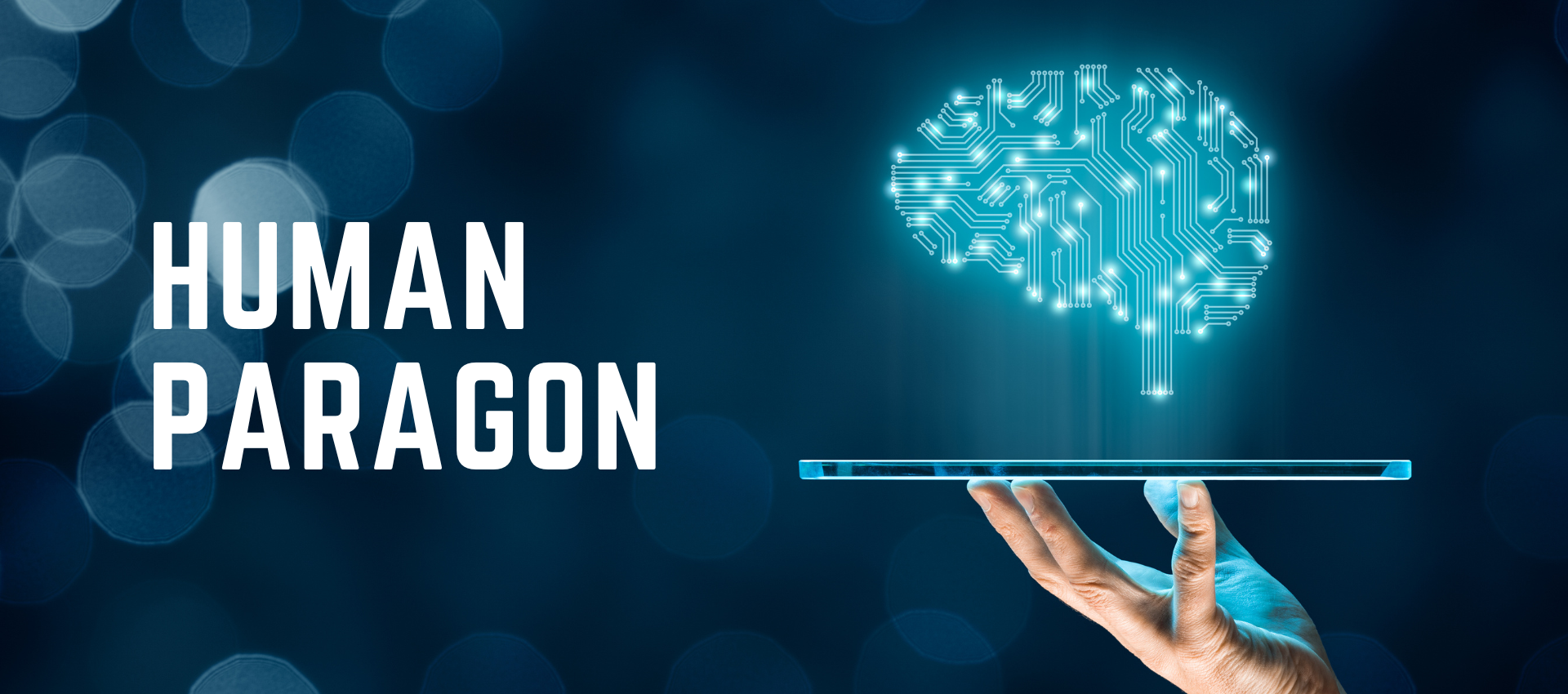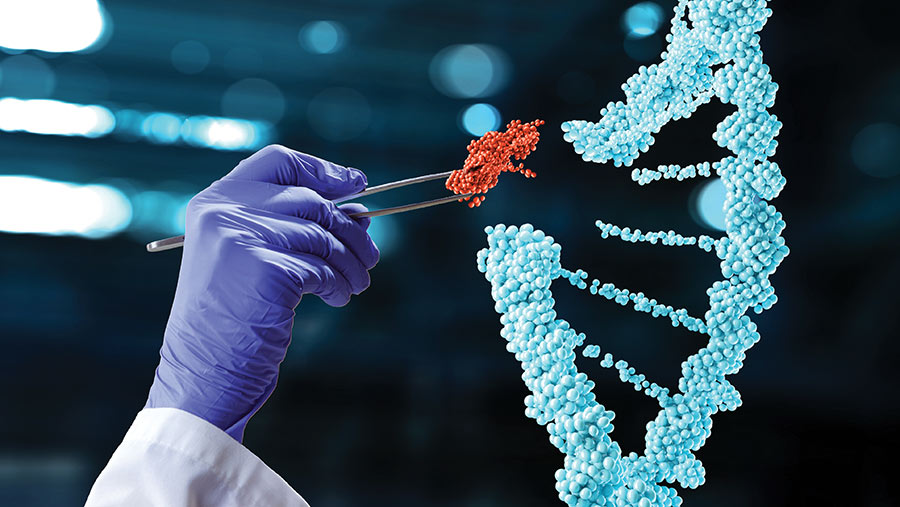2. Ethical Issues
The transhumanism debate has also sparked an ethical discussion bordering bioethics, animal ethics and environmental ethics. According to Dvorsky for instance, uplifting the human biology must also include the uplifting of the capacities of other animals.
On ethical grounds, bioethicists have argued that there should be a consideration of what kind of humans there should be for human enhancement wo be ethical. All the proposed methods of human enhancement, including germ-line genetic modifications, have not satisfied all sets of ethical issues in question.
Some ethical concerns involve specific identifiable stakeholders while others are more general. For instance, one may need to refer to the doctors’ professional code of conduct if they are questioning the ethics of a doctor conducting enhancement on a patient. They may also want to interrogate the doctor’s moral conscience. If questioning whether a procedure like germ-line enhancement is moral, then one should appeal more to the patient’s and their relatives’ interests, and perhaps the society by extension.
In this debate, it is important to distinguish between what is moral and what is ethical. This has been a bone of contention in human enhancement as these two are often mixed up. Usually, ethical issues should be discussed in the context of a specific community, such as the ethical code informing doctors’ professional practice. Morality borders more on values, in which case there may not be many codes to refer to.
3. The Authenticity Debate
The authenticity question is common when it comes to matters transhumanism. It is commonly argued that the means by which someone achieves their life goals is an important factor to consider.
Proponents of this arguments argue that if one uses a technological shortcut to achieve a goal, its value may be compromised. For instance, if someone uses a vehicle to complete a marathon, the value of completing the marathon is completely undermined. Additionally, we might even conclude that the individual didn’t run a race at all.
If a life is lived through any form of enhancement which corrupts the sense of individualism or community, then one may argue that such a life is less fulfilling and less meaningful. The same can be said for the accumulation of wealth, if that was done with impropriety.
This is not to say that transhumanism is completely meaningless, or that it is not worth living. It just means that human enhancement may not bring the kind of satisfaction its proponents so desire because living an enhanced life may not be fulfilling after all.
In Conclusion
Transhumanism is a huge philosophy in the field of human enhancement. It pushes for the enhancement of human beings and the quality of their lives by leveraging emergent technologies.
The post human era, if at all transhumanism would be successful, embodies humans who are exceptionally more intelligent, stronger, and healthier than the current human. In our current context, a post human is a superhuman with over-the-roof capabilities and capacities.
Transhumanism has however sparked a fierce conversation around its implications and disadvantages to the human race. As we have tried to elaborate, some of these include conversations around the authenticity of a life status attained by the help of technology. There are also several ethical issues at stake if human enhancement would take place. Some people also worry that the personhood of humans will possibly be lost to transhumanism. It is not possible to monitor the conduct of every individual, however, caution must be observed when handling such sensitive matters, even at an individual level.

